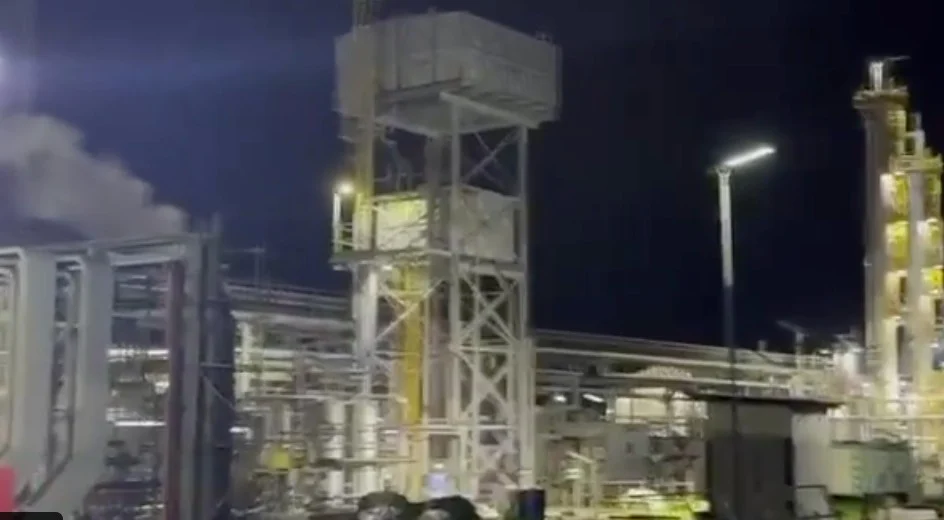
Nigeria’s Port Harcourt refinery has officially commenced crude oil processing, state-run oil company said Tuesday.
This comes nearly three months after businessman Aliko Dangote started producing fuel from his 650,000-capacity refinery on the outskirts of Lagos – to challenge the importation of fuel which went on for almost three decades. The refinery, which was initially bogged by regulatory battles, hopes to achieve its full capacity of 650,000 barrels per day by the end of the year.
“Hearty congratulations to President Bola Ahmed Tinubu, the NNPC Board, and the exceptional leadership of GCEO Mele Kyari for their unwavering commitment to this transformative project. Together, we are reshaping Nigeria’s energy future!” Nigerian National Petroleum Company (NNPC) Limited said in a statement, noting that the development signifies a new era of energy independence and economic growth for the country.
Truck loading will begin today, according to NNPCL spokesman Femi Soneye.
The development comes years after the NNPC commenced rehabilitation work on May 6, 2021.
Following many failed delivery targets, the state-owned oil company on December 21, 2023, said it had completed the mechanical phase of the turnaround maintenance.
Speaking at the event held to mark the milestone, Heineken Lokpobiri, the minister of state for petroleum resources (oil), said production would commence after the Christmas festivities — but the plans failed.
In an interview with Reuters on January 4, 2024, Soneye said testing would be completed at the facility that month.
On March 15, Mele Kyari, NNPC’s group chief executive officer (GCEO), said the refinery would begin production by the end of the month. This also did not happen.
Four months later, Lokpobiri assured Nigerians that the refinery was in its final repair stage.
August was the last time the NNPC promised that the plant would commence operations.
Nigeria, Africa’s most populous nation, faces energy challenges. The country is heavily reliant on imported refined petroleum products, with the state-run NNPCL being the major importer of the essential commodities.
Fuel queues are commonplace in the country. Prices of petrol skyrocketed since the removal of subsidy in May 2023, from around ₦200/litre to about ₦1,100/litre, compounding the woes of the citizens who power their vehicles, and generating sets with petrol, no thanks to decades-long epileptic electricity supply.
